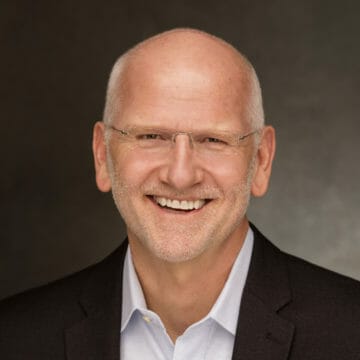Videos
Learn More About Ingrid M. Nembhard
With knowledge changing at a rapid pace in every industry, staffing issues becoming more prevalent, and high performance demands unceasing, many organizations struggle to support a culture of continuous learning. Yet without it, creativity, collaboration, innovation and ultimately, performance, suffer.
For more than a decade, organizational learning, leadership, and psychological safety scholar Ingrid Nembhard, Ph.D., has been helping organizations build cultures where leaders and teams can creatively, collaboratively and continually identify problems, innovate solutions, effectively implement new practices, and quickly adapt to change. While her work applies to companies in every sector, her research is primarily focused on helping health care organizations improve quality of care and patient experiences by giving health care leaders and professionals guidance needed to do their best work, while navigating high-risk decisions and a constant need to pivot.
The Fishman Family President’s Distinguished Professor, professor of health care management, and professor of management at The Wharton School of the University of Pennsylvania, Nembhard received her Ph.D. in Health Policy and Management from Harvard (with an emphasis on Organizational Behavior), her M.S. degree in the same field from Harvard, and undergraduate degrees in ethics, politics, and economics and in psychology from Yale. Her decision to focus on health care came when she realized she could fulfill her desire to make a positive difference in the world by drawing on all those diverse areas of study to improve care.
“While I was working at a health insurer before graduate school, I saw how each interest of mine was relevant in projects that ranged from implementing innovative care programs to setting new provider payment rates to pitching product lines to large employers. And then when I worked in the very different setting of a community health care center during graduate school, I saw how teams were challenged on issues of economics and access, and using their voice and creativity to achieve goals,” says Nembhard. “Those experiences got me thinking, ‘How do you take an idea and have it translate into better experiences for workers and patients, or customers?’ Despite commitment to improvement, failure often happens. Helping leaders and teams figure out more effective, inclusive and safer ways of doing things is what motivates me and drives my work.”
Nembhard uses qualitative and quantitative research methods when examining the dynamics of people working together. She emphasizes that an organization’s culture helps determine what’s possible, relevant, and useful and, ultimately, what will drive progress. In her interactive discussions and keynotes, she identifies recurring strengths organizations can build on and teaches leaders how fostering an environment of psychological safety improves team morale, organizational learning, and performance. In addition to giving leaders a window into potential problems as well as new ideas, she teaches organizations how they can better support their most challenging initiatives.
“It’s very satisfying to conduct research that provides insights for better practice,” says Nembhard. “But most satisfying to me is knowing that all the people I trained will take the knowledge that I have shared with them and improve on their practices in ways that allow them to achieve their greatest goals for improving work and life for themselves and others.”
# # #
Professor Ingrid M. Nembhard focuses on how characteristics of health care organizations, their leaders, and staff contribute to their ability to implement new practices, engage in continuous organizational learning, and ultimately improve quality of care. Her current projects investigate these topics as well as leadership and psychological safety, teamwork within and across organizations, creativity, and strategies for improving the patient experience.
Nembhard received her Ph.D. in Health Policy and Management, with a concentration in Organizational Behavior from Harvard University through a joint program between Harvard Business School and the Graduate School of Arts and Sciences. She received her M.S. in Health Policy and Management from Harvard University School of Public Health, and her B.A. in Ethics, Politics and Economics and in Psychology from Yale University.
Ingrid Nembhard is available to advise your organization via virtual and in-person consulting meetings, interactive workshops and customized keynotes through the exclusive representation of Stern Speakers & Advisors, a division of Stern Strategy Group®.
The Manager’s Role in Fostering a Culture of Psychological Safety
When organizational leaders knowingly or unknowingly silence employees, problems may go unreported and great ideas may go unshared. Such a culture stifles innovation, breeds mistrust and sets an organization up for possible failure. In this talk, esteemed Wharton professor Ingrid M. Nembhard, a renowned expert on organizational learning, leadership and psychological safety, shares her deep research in this area. She outlines ways leaders can foster a culture of psychological safety so they can improve employee morale, performance, and collaboration while building trust. Such a two-way street not only gives leaders a view of possible problems but opens the door to potentially revolutionary new ideas.
How to Learn Better and Faster
How can organizations build agile teams that innovate, solve problems, effectively implement new practices and quickly adapt to change? They must commit to a culture of continuous learning, says esteemed Wharton professor Ingrid M. Nembhard, a renowned expert on organizational learning, leadership and psychological safety. In this talk, she discusses the influence of leadership, organizational climate and learning strategies on the success of improvement projects. Emphasizing that an organization’s culture helps determine what’s possible, relevant and useful, she explains how teams can identify and build on their recurring strengths, while learning from mistakes and figuring out better ways to solve problems. She then presents her list of strategies for organizations that want to learn better and faster.
Improving Patient and Health Care Worker Experiences
The U.S. health care system was suffering long before Covid-19. The pandemic then shined a light on those long-existing problems. Figuring out where the issues lie and how they can be fixed is what drives the deep research conducted by esteemed Wharton professor Ingrid M. Nembhard, a renowned expert on organizational learning, teamwork and health care management. In this talk, she shares her research-backed case studies which reveal that the best way to improve patient experiences and quality of care is to support health care professionals in key areas so they can do their best work. She then outlines how to help teams creatively, collaboratively and continually identify problems, innovate solutions, and effectively implement new practices.

Integrating Network Theory Into Study of Integrated Healthcare
(Social Science & Medicine, March 2022)

Comparative Perspectives on Geriatrics-Surgery Co-Management Program by Specialty and Staff Role
(Innovations in Aging, December 2021)
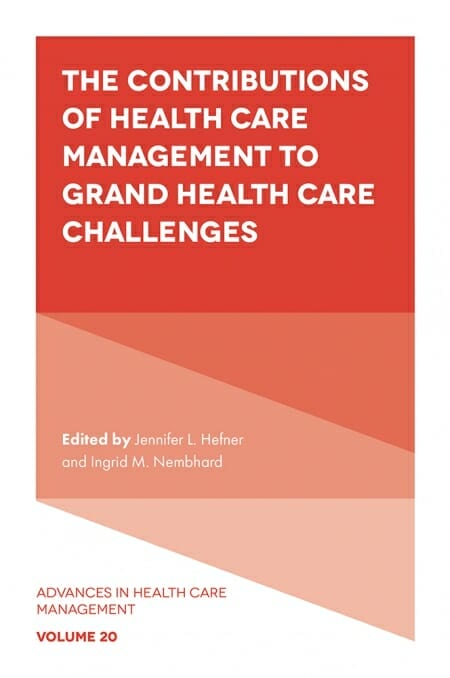
The Contributions of Health Care Management to Grand Health Care Challenges
(Advances in Healthcare Management, December 2021)
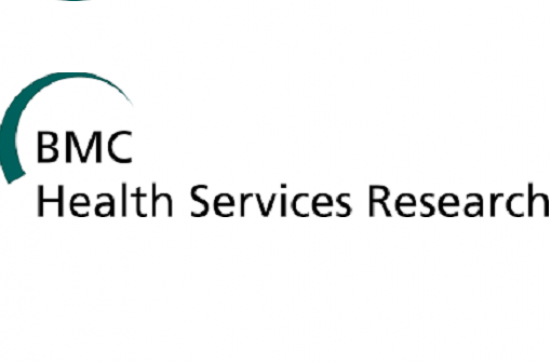
Effects of Affiliation Network Membership on Hospital Quality and Financial Performance
(Health Services Research, September 2021)

Voluntary Hospital Reporting of Performance in Cancer Care: Does Volume Make a Difference?
(Journal for Healthcare Quality, November-December 2020)

Who Joins the Franchise, Affiliation Model of Hospital Networks? An Analysis of Hospital and Market Characteristics of Members
(Medical Care Research and Review, October 2020)
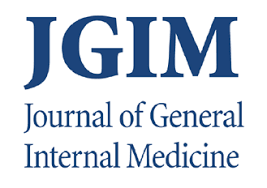
Effects of Leader Tactics on the Creativity, Implementation, and Evolution of Ideas to Improve Healthcare Delivery
(Journal of General Internal Medicine, August 2020)

The Influence of Peer Beliefs on Nurses’ Use of New Health Information Technology: A Social Network Analysis
(Social Science & Medicine, June 2020)
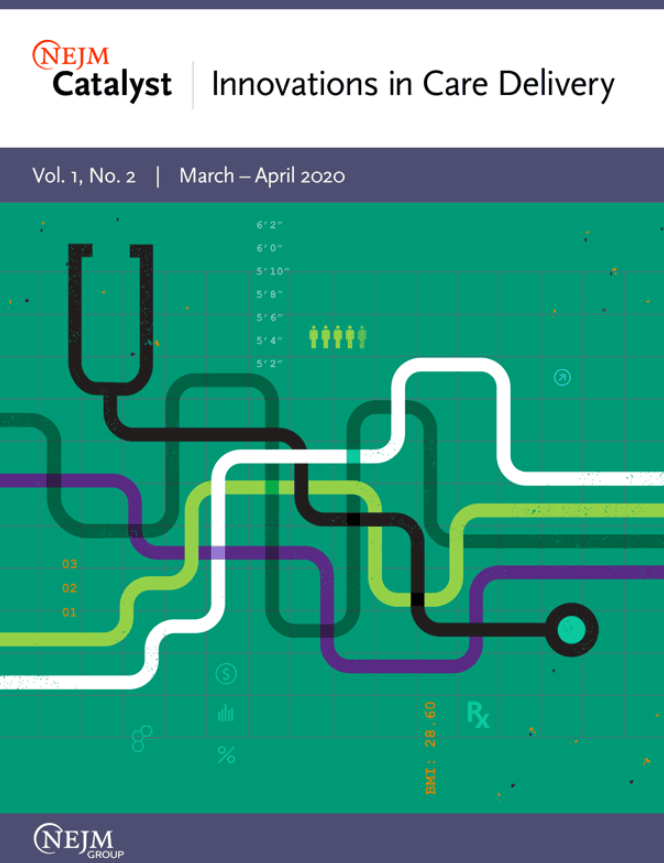
Responding to Covid-19: Lessons from Management Research
(Innovations in Care Delivery, March - April 2020)

A Quasi-Experiment Assessing the Six-Months Effects of a Nurse Care Coordination Program on Patient Care Experiences and Clinician Teamwork in Community Health Centers
(BMC Health Services Research, February 2020)

Moving Organizational Theory in Health Care Forward: A Discussion With Suggestions for Critical Advancements
(Healthcare Management Review, January 2020)

Dissatisfied Creators: Generating Creative Ideas Amid Negative Emotion in Health Care
(Work and Occupations, May 2019)
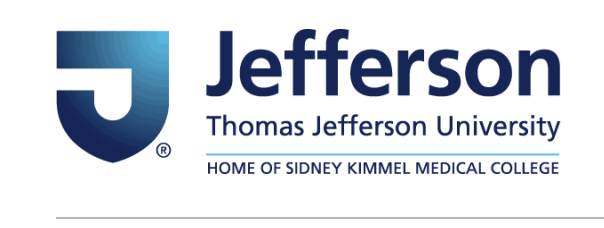
Differences in Work Environment for Staff as an Explanation For Variation in Central Line Bundle Compliance in Intensive Care Units.
(Thomas Jefferson University School of Nursing, April 2018)
Measuring Teamwork in Health Care Settings: A Review of Survey Instruments
(Harvard Business School Working Knowledge, September 2011)
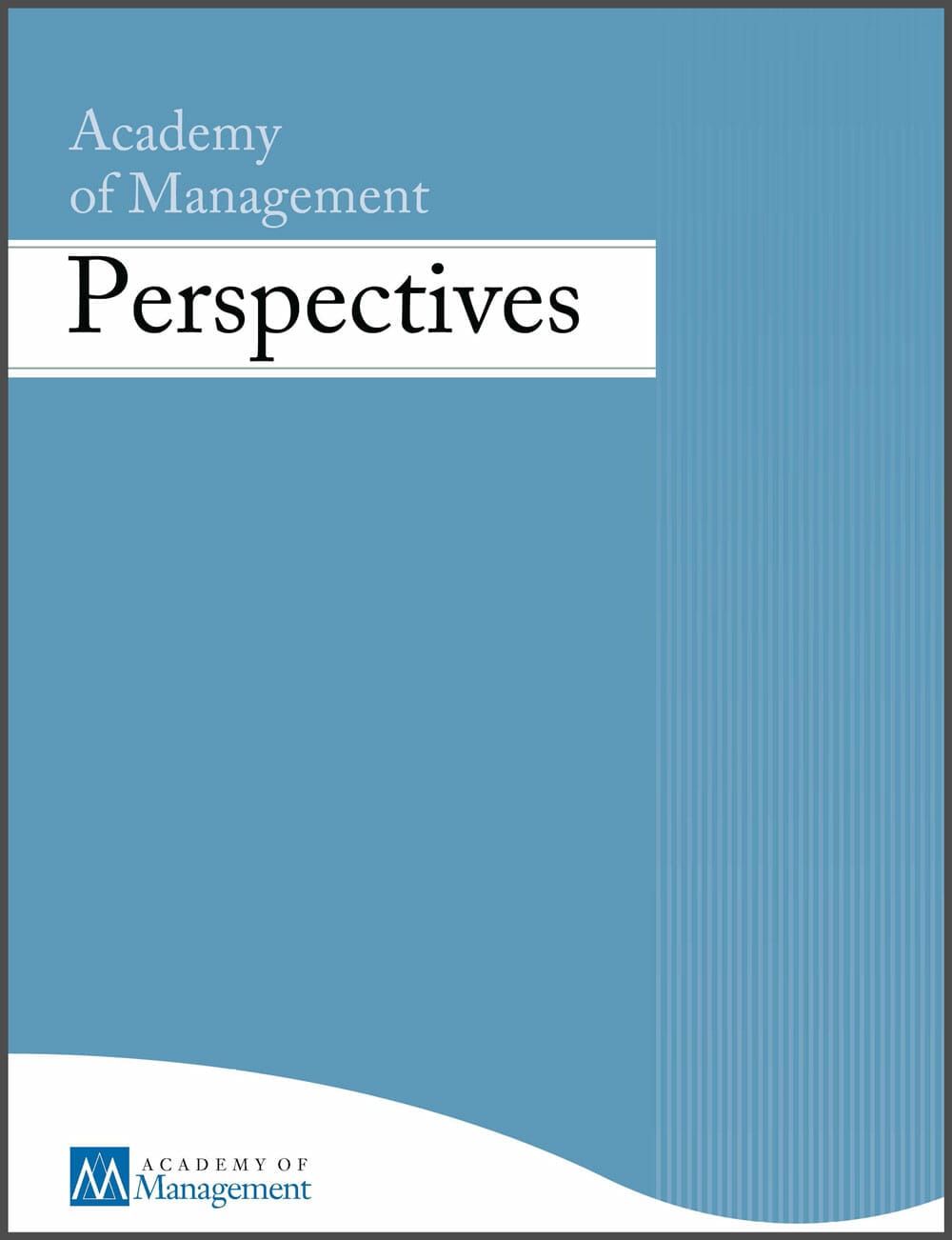
Why Does the Quality of Health Care Continue to Lag? Insights from Management Research
(Academy of Management Perspectives, February 2009)
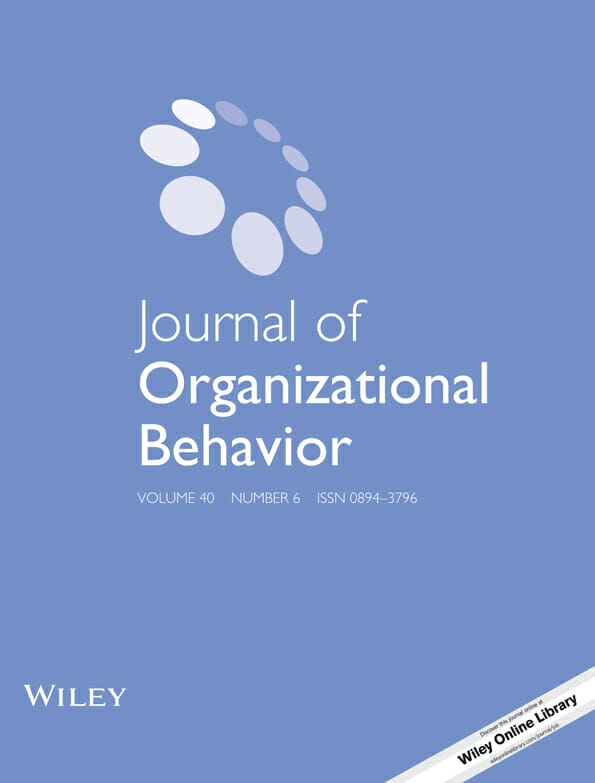
Making It Safe: The Effects of Leader Inclusiveness and Professional Status on Psychological Safety and Improvement Efforts in Health Care Teams
(Journal of Organizational Behavior, Winter 2006)

















